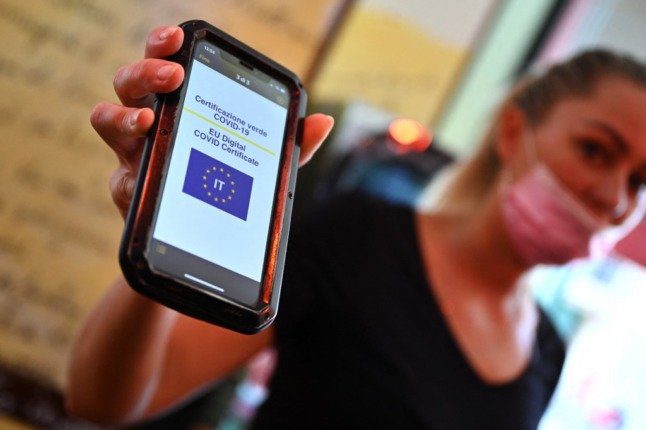News
Italy’s “COVID Green Pass” explained

News
SpaceX IPO could make Elon Musk’s Mars dream a trillion-dollar reality
SpaceX’s upcoming IPO could raise $25 billion and value the company over $1 trillion, igniting investor excitement for Mars missions.
News
Russia shoots down 280+ Ukrainian drones as Zelenskyy pushes new peace plan
Russia claims 280 Ukrainian drones shot down; Zelenskyy finalizes a new peace proposal amid rising tensions and military clashes.
News
Disney invests $1B in OpenAI to generate Marvel, Star Wars, and Pixar videos
Disney invests $1 billion in OpenAI for AI-generated videos featuring iconic characters, enhancing fan interactions and launching in 2026.
-



 Leaders4 days ago
Leaders4 days agoH2Pro focuses on affordable green hydrogen
-



 Leaders4 days ago
Leaders4 days agoCarbonBlue revolutionises carbon capture and lime production
-



 Leaders3 days ago
Leaders3 days agoYosef Farm showcases successful organic farming in the desert
-



 Leaders3 days ago
Leaders3 days agoHomeBiogas transforms waste into clean energy in 30,000 homes
-



 News3 days ago
News3 days agoOpenAI and Instacart launch grocery shopping inside ChatGPT
-



 News4 days ago
News4 days agoU.S. approves Nvidia H200 chip exports to China amid tensions
-



 News4 days ago
News4 days agoCrypto market roars back as Bitcoin surges past key levels
-



 News4 days ago
News4 days agoParamount makes $108B hostile bid for Warner Bros Discovery







